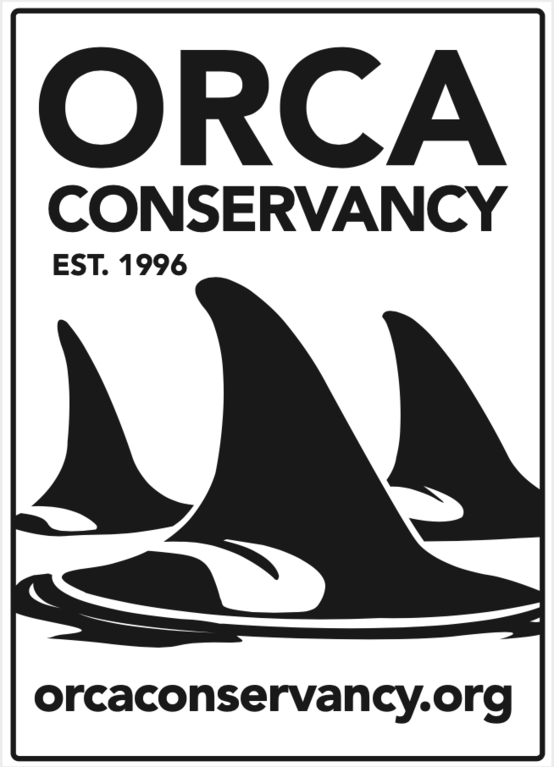Orca Conservancy opposes H.R. 200 and H.R. 2023 which would undermine the conservation provisions of the Magnuson-Stevens Fishery Conservation and Management Act (Magnuson-Stevens Act)
Northwest salmon have been threatened for decades, beginning in the 1940s when gold miners destroyed critical spawning habitat. Since then, overfishing, dams and culverts, logging, urbanization, and engineering of stream channels have contributed to further population declines for our region’s most iconic fish. No Fish - No Blackfish.Salmon declines spell disaster for endangered Southern Resident killer whales (SRKWs), which depend on abundant populations of Chinook salmon for their survival, social cohesion and reproductive success. Experts anticipate that climate change and ocean acidification will contribute to further significant declines in regional salmon abundance during the coming decades, impeding SRKW recovery.Orca Conservancy continues to oppose any legislation, including H.R. 200 and H.R. 2023, that would undermine the conservation provisions of the Magnuson-Stevens Fishery Conservation and Management Act (Magnuson-Stevens Act).No Fish - No Blackfish.

